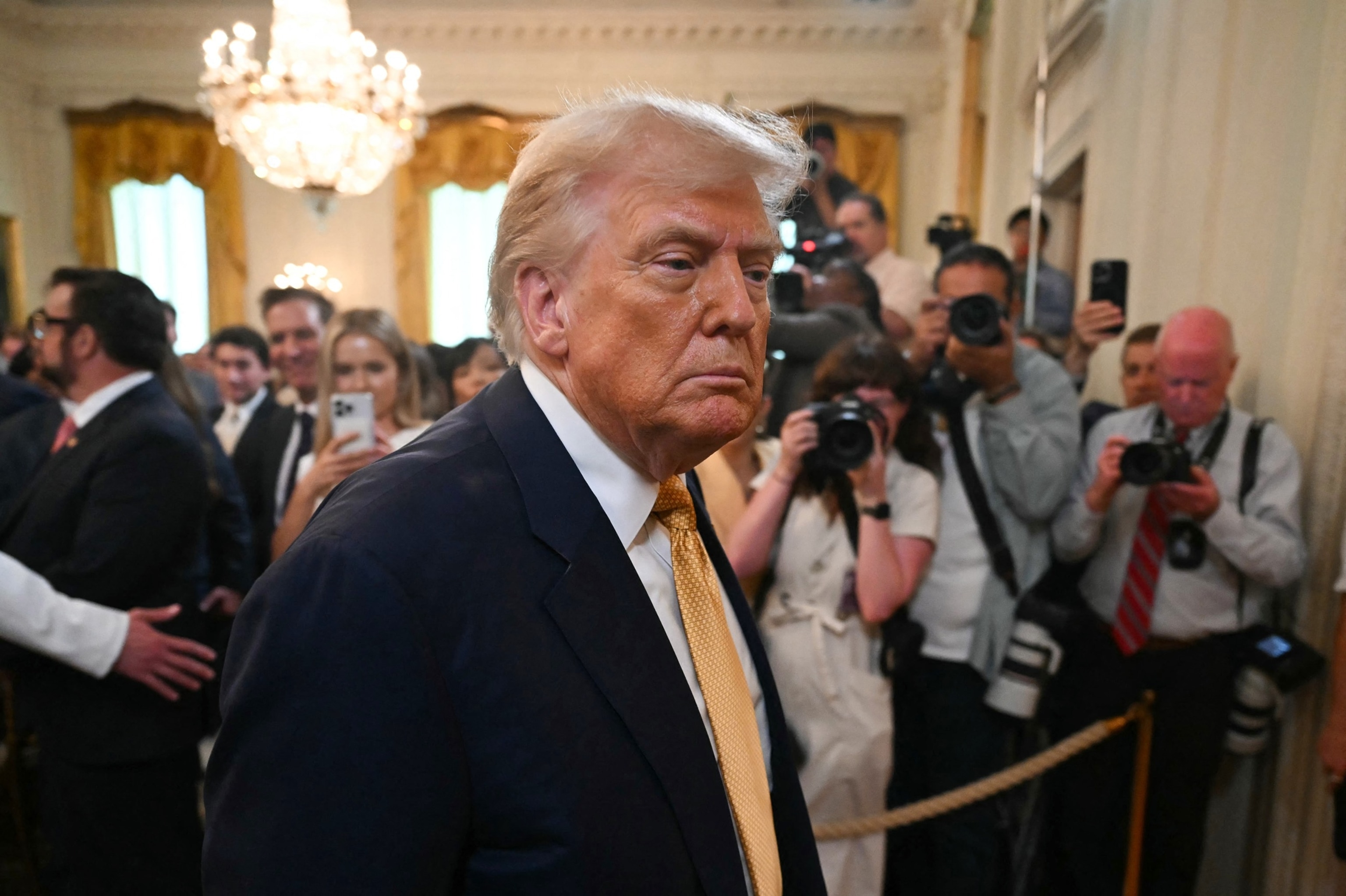In a shocking twist of political fate, New York City’s newly elected socialist mayor, Zora Mamdani, has urgently reached out to Donald Trump for a meeting at the White House, a move that starkly contrasts his earlier defiant rhetoric. Once heralded as a fierce adversary to the former president, Mamdani now finds himself in survival mode, scrambling for federal funds to support his administration’s ambitious promises that have crumbled under the weight of reality.
 Mamdani’s meteoric rise was fueled by his anti-establishment message and fiery rhetoric, positioning himself as a nightmare for Trump. But just weeks after his election, the reality of governance has forced him to backtrack on key campaign promises, including plans for free public transportation and a radical overhaul of the police system. As his supporters grow restless, the pressure mounts—he needs federal funding to fulfill any of his ambitious proposals, but Trump holds the keys to that funding.
Mamdani’s meteoric rise was fueled by his anti-establishment message and fiery rhetoric, positioning himself as a nightmare for Trump. But just weeks after his election, the reality of governance has forced him to backtrack on key campaign promises, including plans for free public transportation and a radical overhaul of the police system. As his supporters grow restless, the pressure mounts—he needs federal funding to fulfill any of his ambitious proposals, but Trump holds the keys to that funding.
Meanwhile, Congresswoman Jasmine Crockett has plunged into her own political disaster, facing a media firestorm after incorrectly linking Republican donors to the notorious Jeffrey Epstein. Instead of owning her mistake, she doubled down, only to be met with swift backlash as her credibility crumbled on live television. This embarrassing blunder has left her scrambling to maintain her reputation as a fierce advocate against corruption.

Both Mamdani and Crockett’s situations reveal a seismic shift in American politics: the gap between campaign bravado and actual governance is narrowing. Voters are no longer willing to overlook contradictions and falsehoods, demanding accountability and substance over mere rhetoric. The implications of these events are profound, signaling a new era where political survival hinges on honesty and the ability to deliver results.
As Mamdani prepares for his pivotal meeting with Trump, the stakes couldn’t be higher. Will he emerge with the federal support he desperately needs, or will he be left exposed, having to concede to the very figure he vowed to oppose? And for Crockett, the question remains whether she can recover from her credibility crisis, or if her brand of aggressive politics will be forever tainted by this blunder.
The political landscape is shifting, and all eyes are on these two figures as they navigate the treacherous waters of accountability and leadership. The upcoming days will be critical, not just for Mamdani and Crockett, but for the future of political discourse in America.





